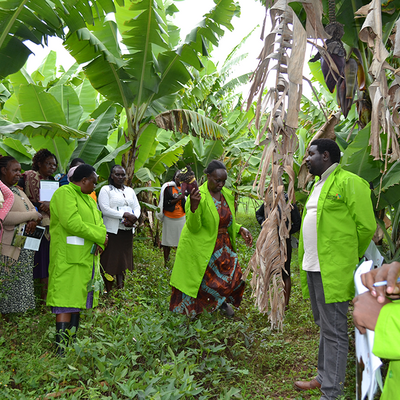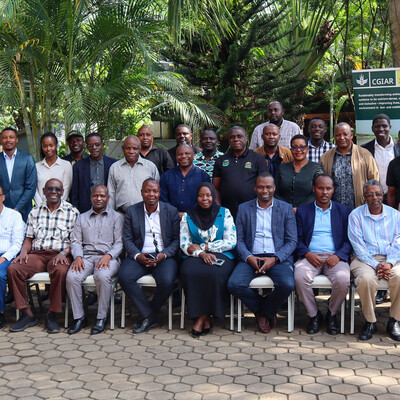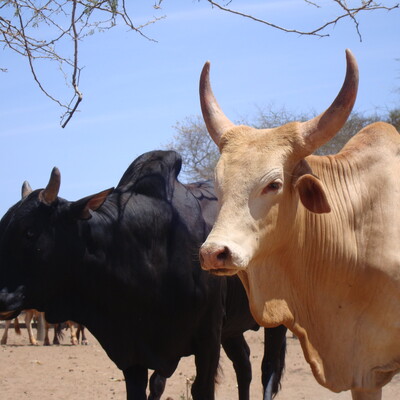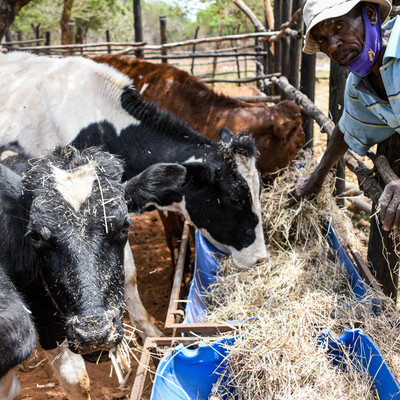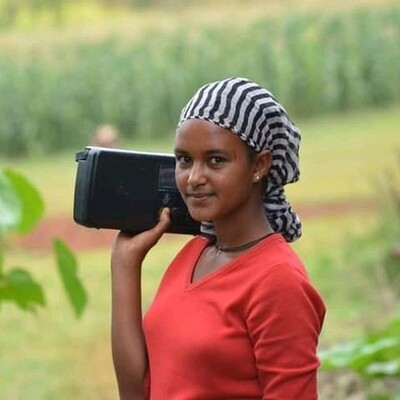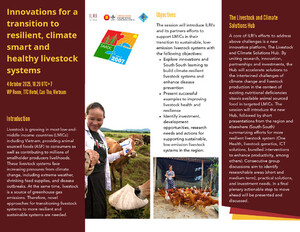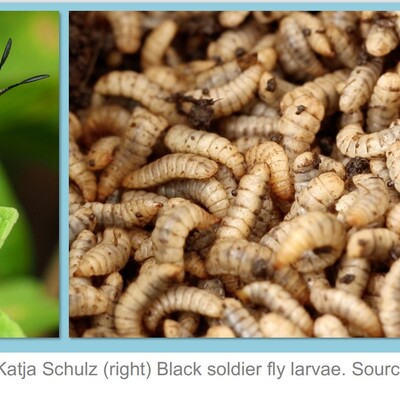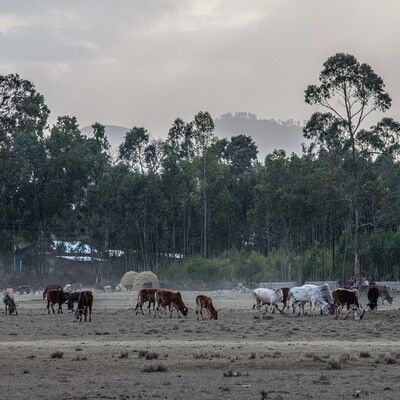
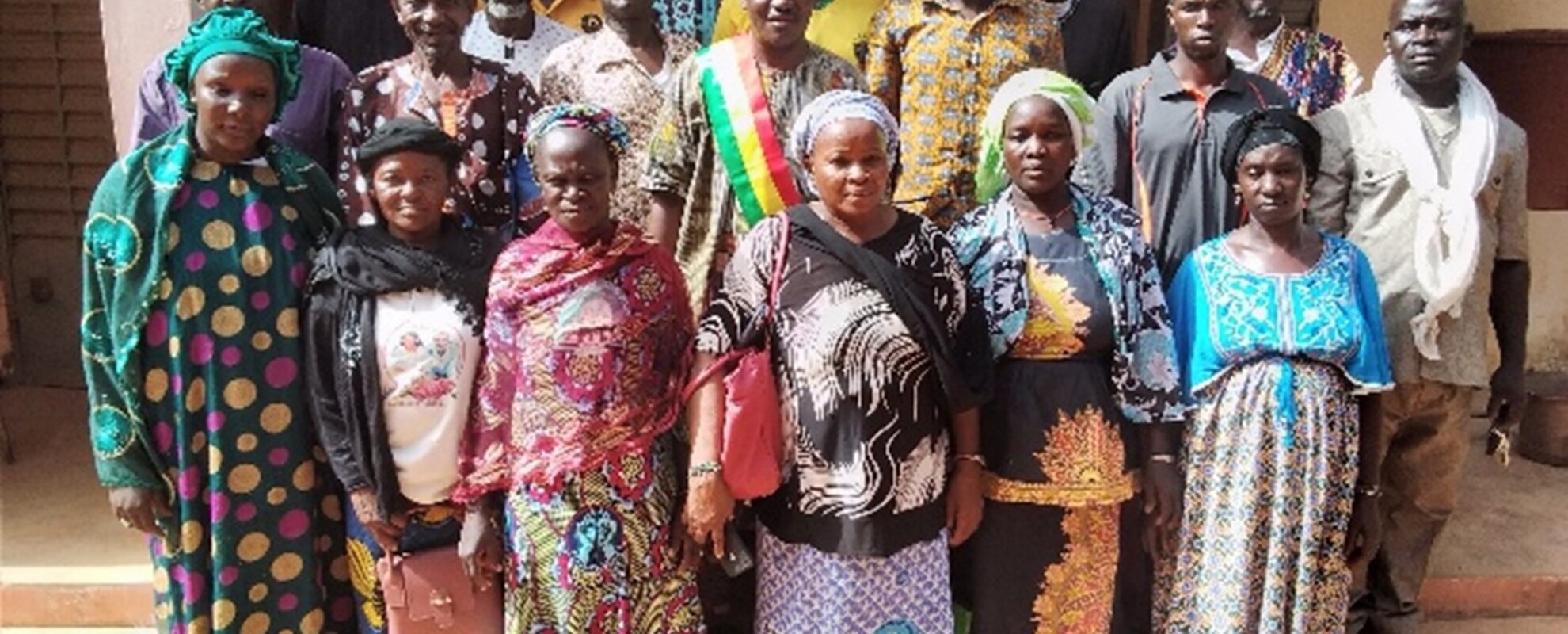
Empowering Mali Livestock Champions and other key actors in the small ruminant value chain: A crucial resource led by the SAPLING Initiative
In Mali, the small ruminant value chain is a cornerstone of the rural economy, particularly for women and their livelihoods. However, the sector faces significant challenges. These include a high burden of diseases such as peste des petits ruminants, poor feeding strategies, and limited genetic improvement.
Small ruminants are not just livestock; they are lifelines. They provide meat, milk, and means of additional income, ensuring households' food and cash needs can be met.
As a result, the small ruminant value chain has been identified as having the most significant potential for the growth and development of small and medium-sized producers. This strategic decision is aimed at boosting production, increasing market supply, and improving people's livelihoods. Accordingly, the regions of Sikasso and Ségou have been chosen to carry out CGIAR Sustainable Animal Productivity for Livelihoods, Nutrition, and Gender Inclusion (SAPLING) project activities. The project aims to develop and scale up innovation packages integrating health, nutrition, genetics, capacity building, and market access, offering a promising future for all involved.
One of the SAPLING project's key innovation packages uses behaviour change communication (BCC) to implement an integrated herd management package. The package combines good health, feeding, and genetics to increase productivity. It is aimed at Livestock Champions—those who play a pivotal role in the project, particularly people in veterinary services, animal production and industry, veterinarians with health mandates, community health workers, and village sanitation committees. The innovation will support the intensification of sheep and goat production systems, including sheep fattening, combined with better production and use of manure to improve crop yields.
To achieve this package using BCC, ILRI, through SAPLING, has implemented a series of cascade training courses starting with the Livestock Champions, who will, in turn, train the other target players and follow up on their adoption of the integrated herd management package.
To this end, from 28 April to 17 May 2024, two SAPLING staff members held a series of six two-day training sessions for target actors in Sikasso and Ségou. The objective was to induce a behavioural change in Livestock Champions and their subsequent trainees, leading to increased adoption of the technologies promoted and improved productivity of small ruminants.
Specifically, these courses are designed to:
- Build the capacity of livestock champions on the integrated herd management package.
- Reinforce the capacities of the target actors (small ruminant farmers) on the integrated herd management package.
- Strengthen the capacities of members of the Multi-Stakeholder Platforms so that they can better facilitate the adoption of interventions in the small ruminant value chain.
- Training on multi-institutional integrated herd health guidelines.
Fifty-five livestock champions attended this capacity-building series, including eight veterinary service agents, seven animal production and industry agents, 13 veterinary agents and their assistants, 27 community health workers, and 13 members of the village sanitation committee.
.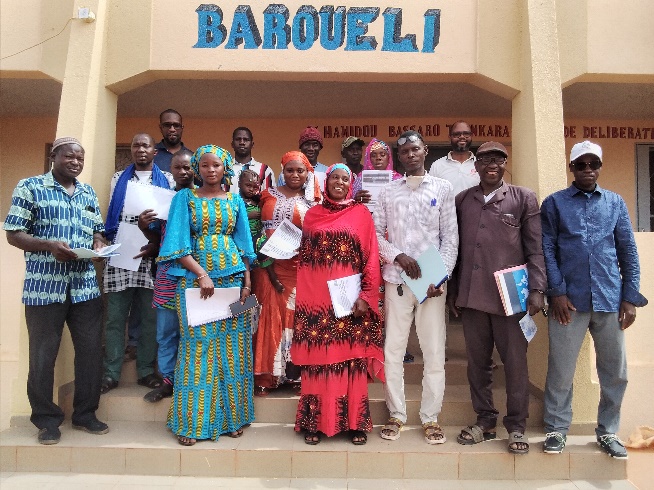
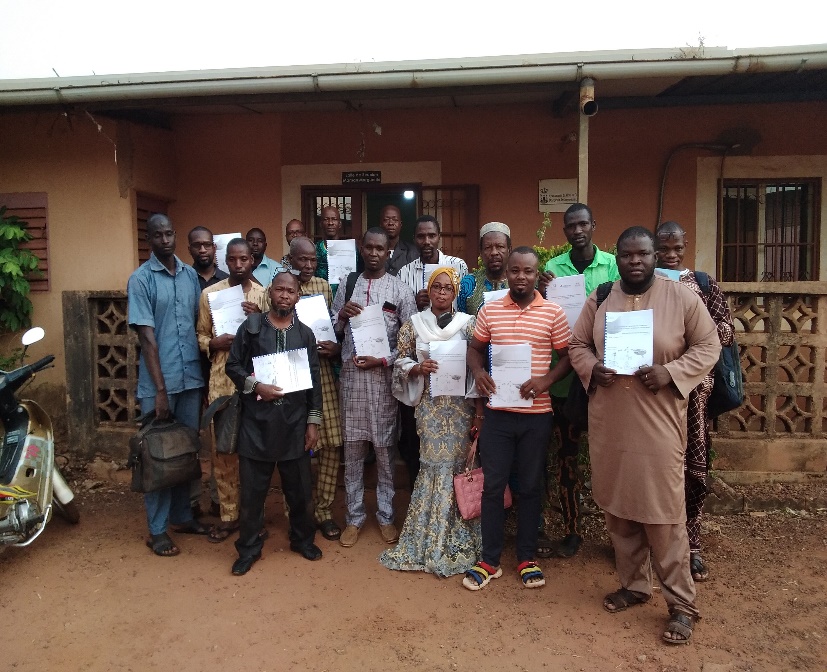
Group photo of participants at the capacity-building session for livestock champions from Sikasso (left) and Baroueli (right) (photo credit: Ahmadou Sow/ILRI).
These sessions also helped to train other target stakeholders, including farmers and fatteners, on the integrated small ruminant livestock management package. A selected number of previously trained livestock champions conducted the training sessions for these other target actors under the supervision of ILRI staff. In the future, experts in each field will provide further training.
The training strategy involved participants working in groups on the components of the integrated herd management package for small ruminant farms and related biosecurity measures. The group work was followed by enriching exchanges between participants. Finally, PowerPoint presentations were made on each theme, and the trainers gave key messages. Each participant also received take-home paper-training resources, particularly manuals on the integrated package, vaccination, and biosecurity.
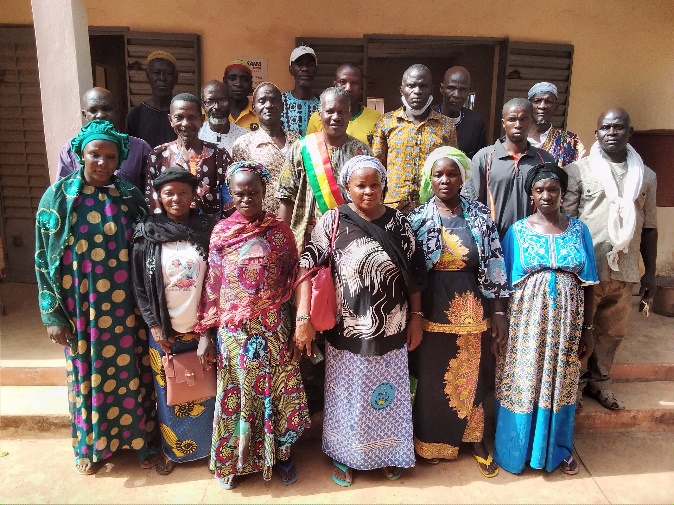
Group photo of participants at the capacity-building session of the Farakala Multi-Stakeholder Platform (photo credit: Ahmadou Sow/ILRI).
It was also an opportunity to strengthen the capacities of the members of the Farakala and Gongasso Multi-Stakeholder Platforms (another innovation promoted by SAPLING) in the areas of (i) Facilitation skills, (ii) Group dynamics, (iii) Development of action plans, and (iv) Monitoring and evaluation.
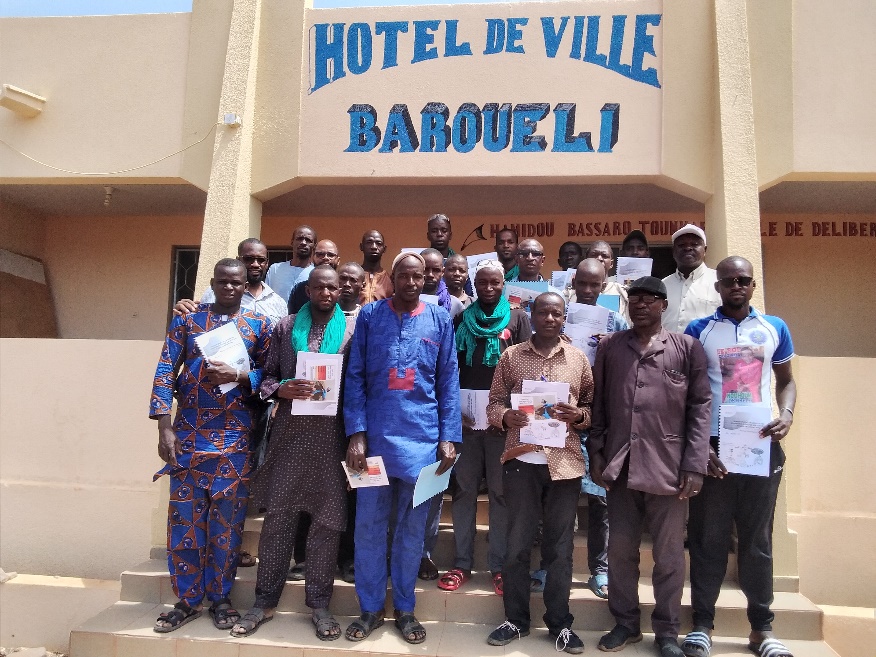
At the end of the various training sessions, participants were advised to organize feedback sessions with other stakeholders in the small ruminant value chain in their respective localities and to regularly monitor practices to ensure that the technologies are adopted. To this end, a form was made available to enable ILRI to monitor the various feedback sessions. This is a crucial aspect of the BCC approach in the project.
For more information on the SAPLING research initiative in Mali and the PPR thermotolerant vaccine, please get in touch with Michel Dione at M.Dione@cgiar.org.
The SAPLING Initiative is led by ILRI’s Isabelle Baltenweck, i.baltenweck@cgiar.org, with deputy lead as ICARDA’s Rekik Mourad - m.rekik@cgiar.org.
You may also like
Related Publications

Classification of donkey systems in Ethiopia
- Asteraye, Girma B.
- Jobling, R.
- Jemberu, Wudu T.
- Pinchbeck, G.
- Knight-Jones, Theodore J.D.
- Critchlow, R.
- Rushton, Jonathan
- Chaters, G.L.

Index-based Livestock insurance to support pastoralists against droughts
- Jensen, Nathaniel D.
- Barrett, Christopher B.
- Mude, Andrew G.
- Banerjee, Rupsha R.
- Noritomo, Yuma
- Shikuku, Kelvin Mashisia
- Takahashi, Kazushi
- Teufel, Nils

Sustainable Intensification in Crop-Livestock Systems: ILRI’s Approach and Experience
- Mekonnen, Kindu
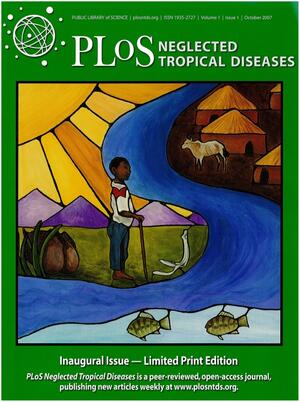
Sero-epidemiology of Coxiella burnetii in livestock and humans in Isiolo county Kenya
- Mutisya, W.M.
- Akoko, James M.
- Mwatondo, Athman
- Muturi, Mathew
- Nthiwa, D.
- Abkallo, Hussein
- Nyamota, Richard
- Wachira, T.
- Gathura, P.
- Bett, Bernard K.





